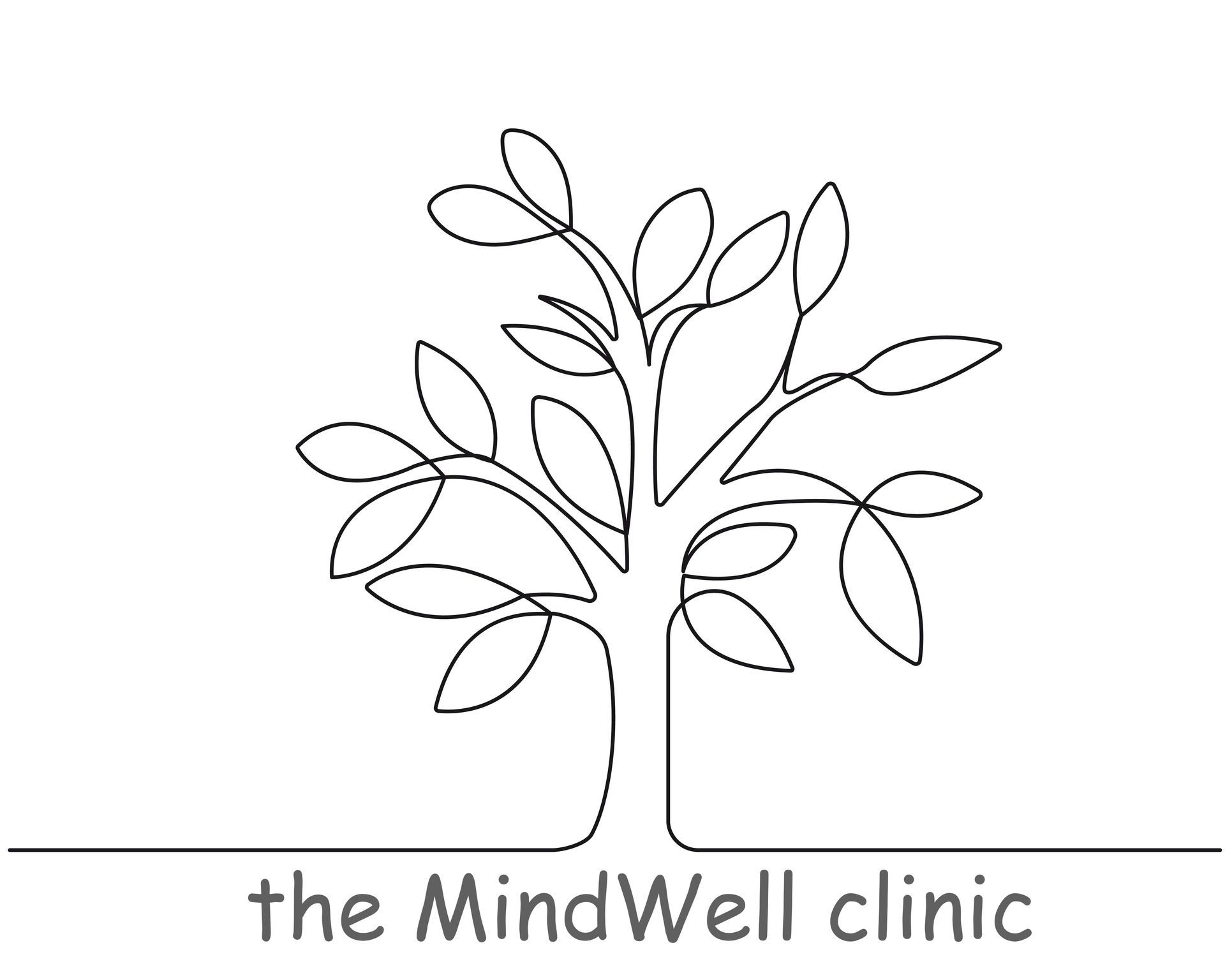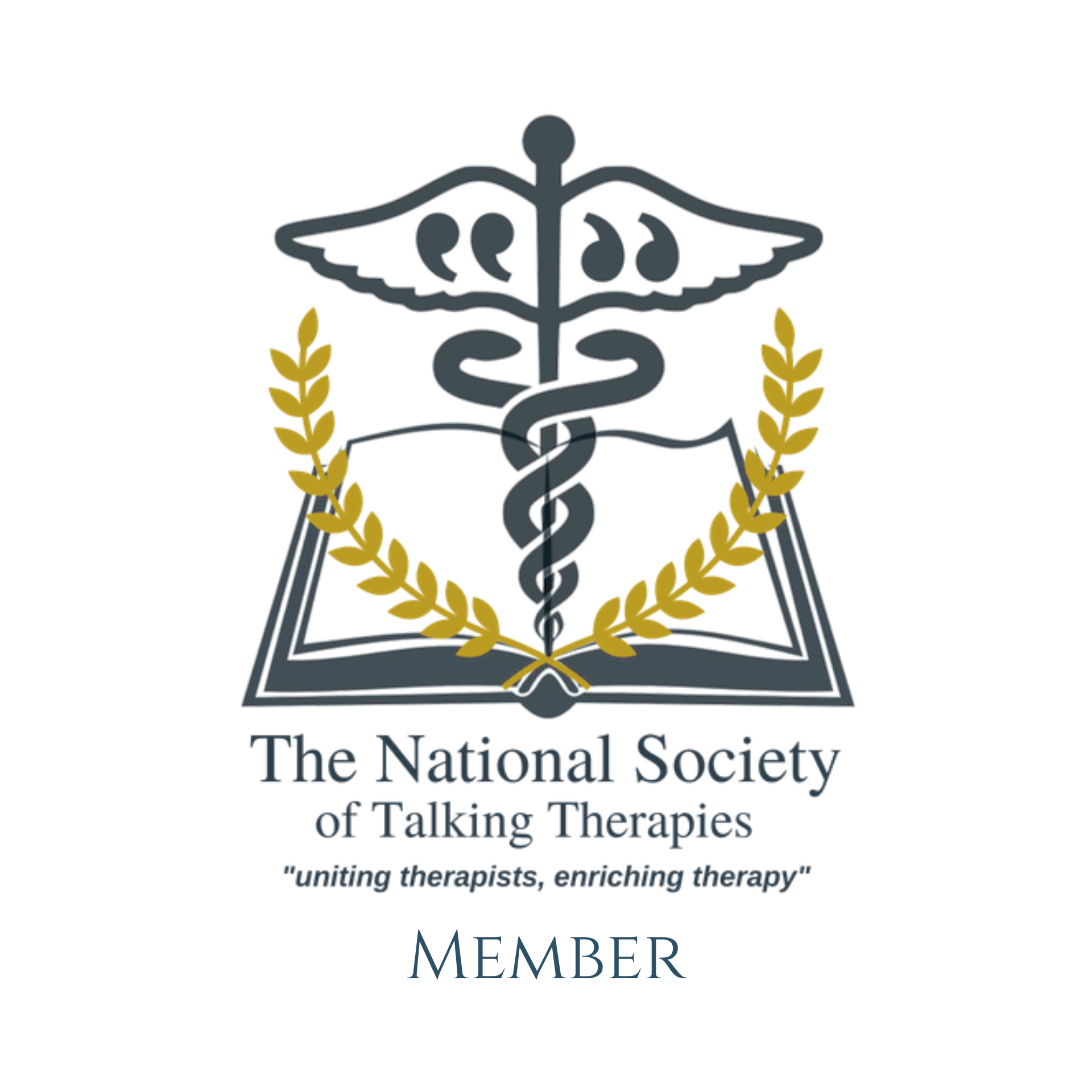Unlike the stage hypnosis that you may have seen on tv, during hypnosis you will not be asked to say or do anything you do not wish to say or do. Stage hypnosis is purely for entertainment value, whereas hypnotherapy is performed in order to help achieve a therapeutic outcome that will benefit the client. As a hypnotherapist, I am bound by the ethical practice guidelines stipulated by the college where I trained, the NCHP (National College of Hypnosis and Psychotherapy), along with the professional associations which I am registered with, namely the Complementary and Natural Healthcare Council (CNHC) and National Society of Talking Therapies (NSTT). I am also working towards additional professional accreditation with the UK Council of Psychotherapists (UKCP) so I also abide by their Code of Ethics and Professional Practice.
Abiding by the above mentioned organisations and their professional codes, requires me to behave at all times in a responsible and professional manner with my clients and in the case of hypnotherapy, this means always ensuring that you are feeling safe and comfortable and in control during our sessions.
Hypnotherapy only works if the therapist and the client collaborate together, meaning as the client you will always have control during hypnosis. At any point during hypnosis you will easily be able to open your eyes and come out of trance.
WHAT HAPPENS if I cannot be Hypnotised?
Across the population, there are varying degree of hypnotisability. Some people will initially respond more readily to hypnosis whereas others may experience a less deep trance or may drift in and out of a trance, quite easily. However, when you consider that hypnosis is really a focused state of attention, it is not dissimilar to daydreaming or been engrossed in a movie or music, where your focused attention to something, blocks out other noises or conversations happening around you. In hypnotherapy, regardless of how deep someone may be experiencing a trance, the benefits of therapy can be realised. The key however is not necessarily how deeply you drift into a trance but the work that is done with the therapist when you are in that trance. For this reason, working with a hypnotherapist who has additional psychotherapeutic training is important. For some client, hypnosis itself can be enough to bring about the desired changes they are hoping to achieve. For others, it will involve dealing with and addressing some of the unconscious ways of thinking that are the root cause to why they are experiencing difficulties in their lives. In such cases hypnosis help to access these unconscious processes, allowing for positive changes to occur.
What is confidential and what is not confidential in therapy?
It is common for clients to be worried about disclosing information, wondering if it is safe to do so. Confidentiality is very important in therapy and you can be rest assured that everything you discuss with me in therapy remains private and confidential. As I work in accordance with the ethical frameworks of the CNHC and UKCP, I am required to have regular supervision with an accredited supervisor, so I may discuss my clients’ cases with my supervisor, purely for the purpose of ensuring that the therapeutic services I provide are safe, appropriate and effective for my clients.
It is however important to point out where exceptions to client-therapist confidentiality exist and in such cases, as a therapist I am required to breach confidentiality and disclose information. Those exceptions are as follows;
· I become aware of information which I either know or believe might help prevent another person carrying out an act of terrorism, or might help in bringing a terrorist to justice in the UK, or about specified activities related to money and property used to assist terrorist activities.
· If I observe physical signs that an act of female genital mutilation may have been carried out on a girl under the age of 18 and I am informed by a girl under the age of 18 that she has undergone an act of female genital mutilation
· The police request information about the driver of a vehicle at the time of an offence it must be disclosed by me as failure to do so would constitute a criminal offence on my part
· I become aware of drug trafficking or money laundering that may be required to be report under the Drug Trafficking Act 1994, Proceeds of Crime Act 2002 or the Money Laundering Regulations 2007, if it happens, I may seek legal advice as to any statutory duty.
· I must disclose information that I am ordered to by a court or by a statutory request for access to personal data made under the General Data Protection Regulation (GDPR) and the Data Protection Act 2018.
· A past, present or future incident/situation that may be dangerous or harmful to you, another adult or a child and that is not known to the relevant authorities.
· Future or past criminal activity that has not been resolved in law. This means any criminal activity, of which the relevant authorities are either unaware or a case they know about which they consider not to be closed (provided you do not present information in therapy which would reasonably re-open the case). This does not include parking or traffic offences unless there is intent, by you or anyone else, to cause danger to yourself or others, or that it is deemed to be a serious offence. In such circumstances, I will work with you if we can work together to make appropriate disclosures.
How many sessions will I need before i experience the changes i am hoping to achieve?
Every individual person coming to therapy will have unique and specific needs and issues, therefore some people may only need a few sessions to achieve their desired outcome from therapy, whereas other will require a longer-term commitment to sessions. I am very committed to offering clients an efficient and cost-effective service, with the focus of helping clients achieve positive outcomes from therapy in the quickest possible time.
What happens if you are unavailable unexpectedly?
In the event that I need to cancel and reschedule a session with you, I will endeavour to give you a minimum of 48 hours notice. However, in the unlikely event that I become suddenly unavailable and therefore unable to contact you directly myself, provisions are in place for a professional colleague of mine, to gain access to your contact details and contact you to inform you of my situation and to support you with further therapeutic provisions.


